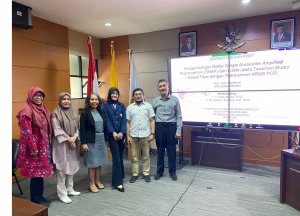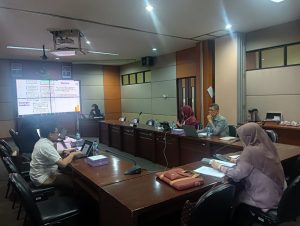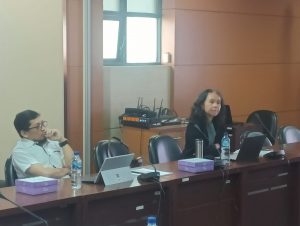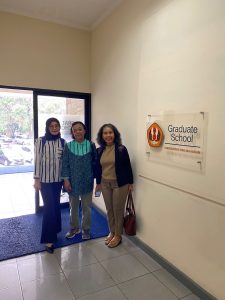Molecular Analysis of Anticancer Genes through Research Collaboration with the Postgraduate Biotechnology Department, Padjadjaran University

BANDUNG – Lectins are proteins found in various types of food, especially grains, nuts, and some vegetables. Several studies have shown that some lectins may have potential as compounds that can help fight cancer or have anti-cancer properties. FBRC collaborated with the Postgraduate Program at Padjadjaran University to conduct this analysis, through research collaboration. Zidni Muflikhati, Master’s student in the Biotechnology Study Program, UNPAD, under the Supervisor of Ir. Anas, M.Sc., Ph.D. and Dr. Nesti F. Sianipar, SP., M.Si developed the lectin gene SNAP marker using ARMS-PCR. Tetra Primer ARMS-PCR (Amplification Refractory Mutation System PCR) is a technique used to detect variations or mutations in certain genes, including genetic mutations associated with cancer or other diseases. Zidni formally presented the research plan through a master proposal examination at Unpad, on Friday (26/08/2023) attended by supervisors and examiners. The importance of designing primers carefully to ensure accurate results was conveyed to improve this research plan. Primary design, method selection, and consideration of emerging results must always be the main focus of ongoing research. This research collaboration is a significant step in combining resources, expertise, and knowledge to achieve joint research goals. The hope is that the lectin gene, which acts as a cancer-fighting agent, can be found in rodent tuber mutant plants. Thus, increasing anticancer compounds can reduce cancer risk in society.




Comments :